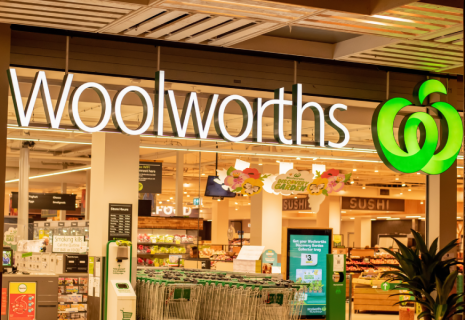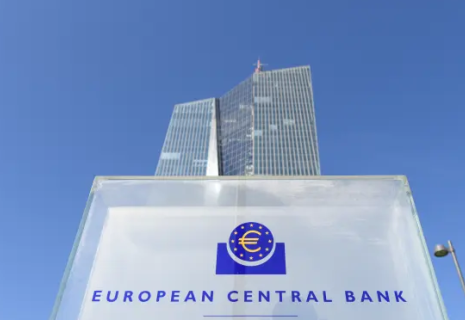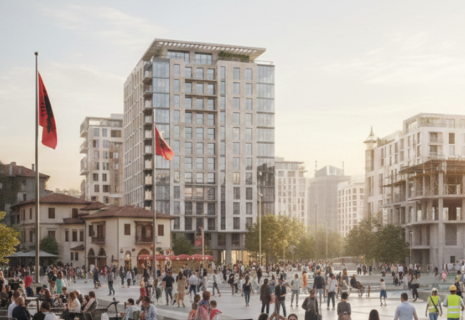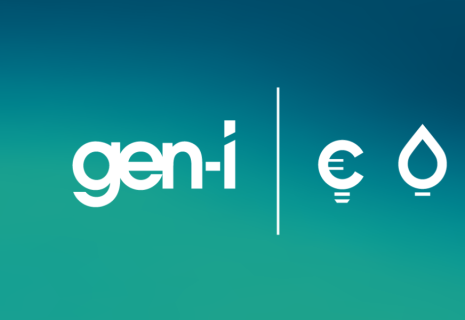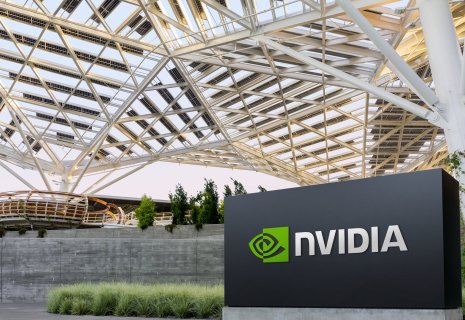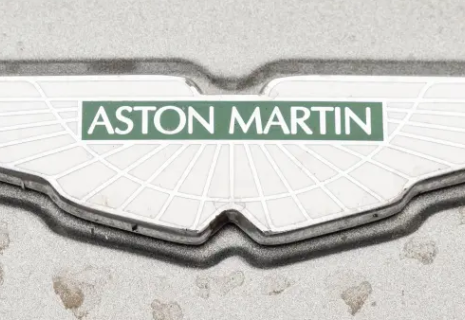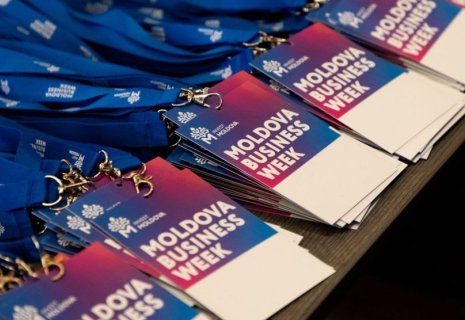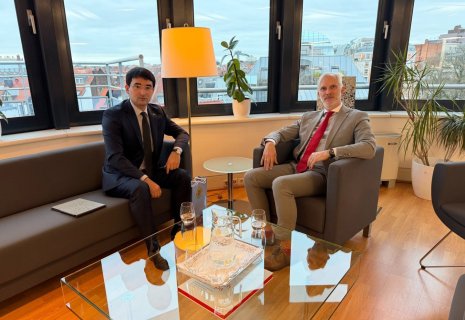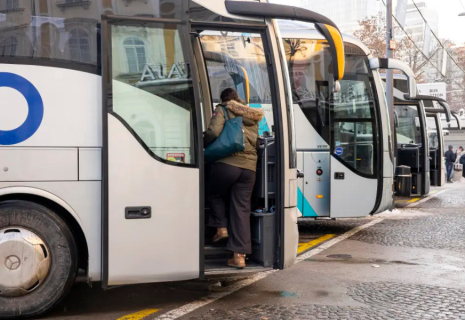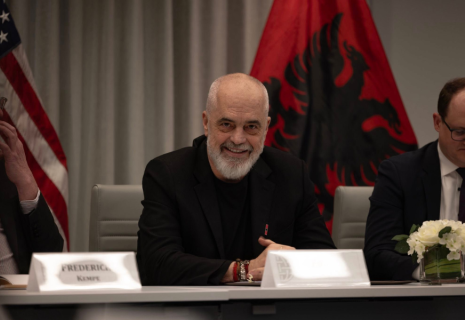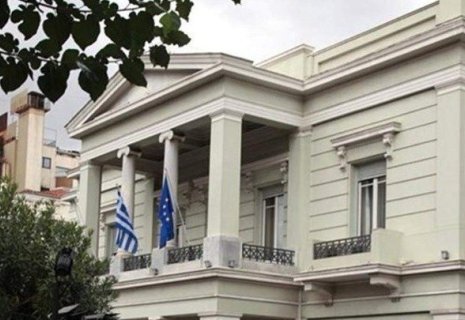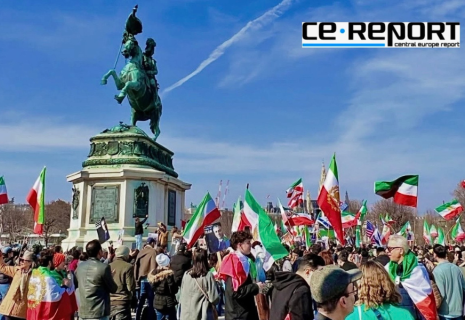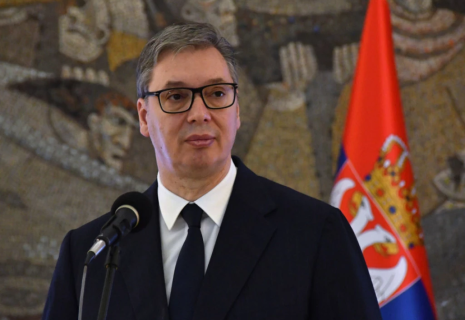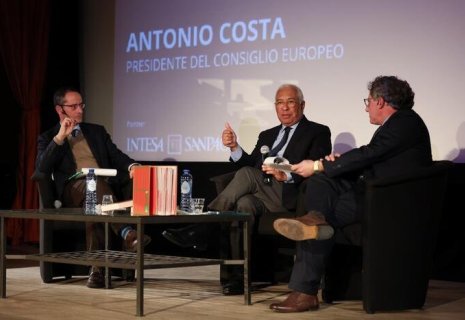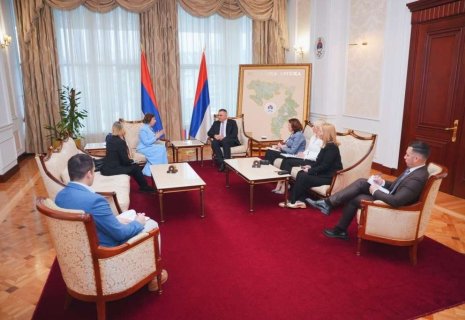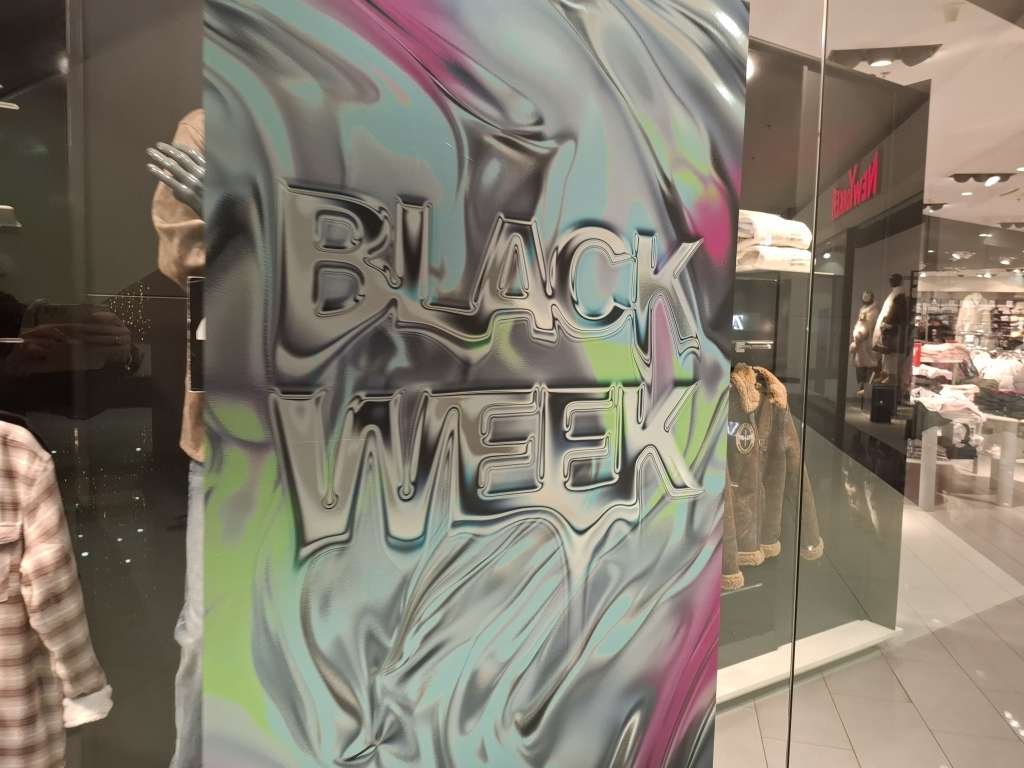
Black Friday in Bosnia: Modest discounts, big temptations
Black Friday often triggers a wave of excitement and fear of missing out, which can easily cloud judgment and lead to buying things we don’t really need.
The combination of emotional impulses, marketing pressure, and the feeling that “this opportunity is only today” often results in excessive and impulsive spending, says psychologist Antonija Šudić Leko, CE Report quotes FENA.
“Black Friday activates very strong psychological mechanisms such as urgency, fear of missing out, and excitement about a potential ‘good deal,’ and the brain works faster, though not necessarily smarter. The reward system is also triggered, where even anticipating a purchase increases excitement and temporarily boosts mood. For this reason, people may feel much better even before shopping on Black Friday, which can lead to greater spending due to strong stimuli, intense emotions, and less rational control,” Šudić Leko explained.
Although, according to BiH Consumer Protection Ombudsman Saša Marić, discounts in the country are modest on Black Friday, Šudić Leko notes that even small discounts that are “only today” can push people to buy.
“There is also social pressure—we know ‘everyone is buying something,’ and this sense of belonging increases our desire to participate, especially if we are in larger groups discussing deals days in advance and tracking discounts through apps. Additionally, marketing prepares us for days to see Black Friday as a shopping event—you notice it everywhere because of the advertisements. For some, shopping is a way to reduce stress or reward themselves, regardless of the discount. In other words, we buy more because it feels like an opportunity, not because the price is truly special,” the psychologist said.
She added that buying items that aren’t truly discounted or necessary is caused by a combination of cognitive distortions and emotional impulses.
“This includes the fear of missing out (FOMO), which leads people to overestimate the potential ‘loss’ if they don’t buy now. There’s also loss aversion, making even a small discount feel like something we must not miss, while the illusion of rationality creates the feeling that we’re making a smart choice. In the background is a thought we rarely say aloud, but many feel: ‘When there’s a sale, I feel I have permission to spend,’” Šudić Leko said.
She emphasized that Black Friday can worsen financial stress and feelings of guilt after shopping.
“After the initial excitement and elevated mood, a drop often follows, and for some, strong feelings of guilt, shame, or worry about money. The riskiest scenario is when impulsive buying is a way to regulate negative emotions, as short-term relief turns into long-term stress. If someone is already under financial pressure, Black Friday can trigger even greater feelings of overload and failure,” Šudić Leko noted.
There are also long-term psychological consequences of impulsive shopping, as people may get used to regulating emotions through spending, making shopping a primary way to cope with stress.
“This can lead to increased tolerance for impulses, where over time people buy faster and more easily, resulting in financial stress linked to anxiety, tension, and avoidance of reviewing their finances. If the pattern is not broken, impulsive shopping can become an automatic reaction to any stress or boredom. Naturally, we want to buy on Black Friday because discounts create excitement, but all of the above can cloud judgment, leading to purchases we don’t need or that strain our budget. It’s important to slow down, check if we really need something, and shop consciously rather than impulsively,” Šudić Leko said.
BiH Consumer Protection Ombudsman Saša Marić also warned ahead of Black Friday about traps such as fake discounts and fraudulent online stores, noting that discounts in Bosnia and Herzegovina are much smaller than in other countries.
“On Black Friday, discounts are usually 60% or higher, with the lowest around 30–40%, and sometimes even up to 90%, which can make waiting in lines for 24–48 hours worth it. In BiH, discounts are more modest and similar to those seen throughout the year, ranging from 10–30%, with very few over 50%,” the ombudsman said.
He also cautioned about fake online stores, emphasizing that shopping via social media carries high risk due to the lack of receipts and inability to file complaints, regardless of discounts.
Another common trap is “Buy 1, Get 2” promotions, which often include unnecessary extras that increase the total cost. Consumers are advised to carefully consider whether they truly need the items, regardless of the “super” discount.
Ahead of Black Friday, consumers are recommended to make a list of what they really need, set a maximum spending limit and stick to it, track prices through October and November, and shop only from reputable and authorized retailers.
Foto: Branka Soldo



